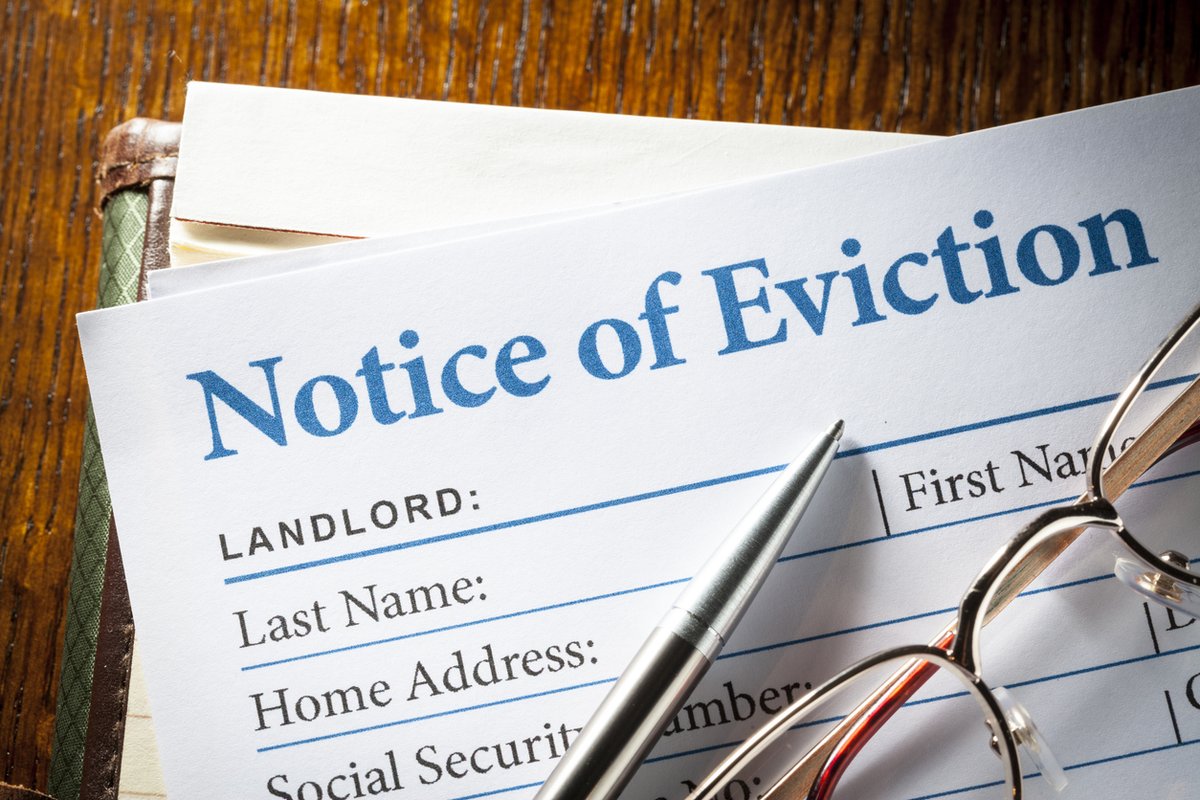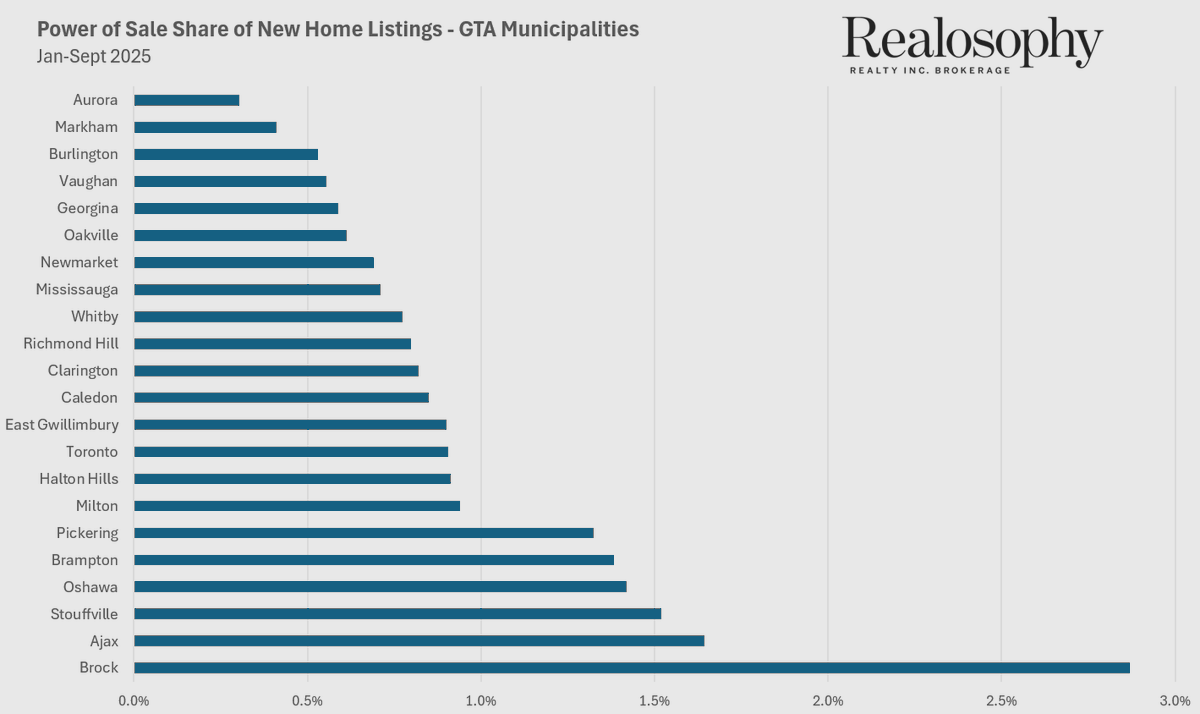A good look at the challenges facing Toronto’s condo investors. 1/ theglobeandmail.com/real-estate/ar…
“There’s the risk of losing the tenant and the property not selling ... [and] I can’t find you another tenant. We used to have 10-12 units up for lease, now it’s 80 units. I’ll put a unit for sale in one building and [get] not a single showing on some of these properties.” 2/
The risks today’s condo investors are facing are typical recessionary risks –
a decline in demand due to a drop in immigration and higher rates of unemployment
an increase in inventory as younger people move back home because of job loss… 3/
a decline in demand due to a drop in immigration and higher rates of unemployment
an increase in inventory as younger people move back home because of job loss… 3/
These trends feel “out of nowhere” for condo investors because
a) the recession was caused by a pandemic and
b) they’ve never experienced a recession,
but these risks have been there all along – it doesn’t matter what causes the recession.
Every recession is different 4/
a) the recession was caused by a pandemic and
b) they’ve never experienced a recession,
but these risks have been there all along – it doesn’t matter what causes the recession.
Every recession is different 4/
The real test now will be to see how resilient and well capitalized Toronto’s condo investors are.
Can they handle a 20+% decline in rents, units vacant for 3+ months etc. or will they end up being distressed sellers? 5/
Can they handle a 20+% decline in rents, units vacant for 3+ months etc. or will they end up being distressed sellers? 5/
Much of this will of course depend on how long this recession and pandemic last, the longer this runs the greater the pressure on condo investors.
And I suspect the end of mortgage deferrals will have a much bigger impact on condo investors vs homeowners/
And I suspect the end of mortgage deferrals will have a much bigger impact on condo investors vs homeowners/
• • •
Missing some Tweet in this thread? You can try to
force a refresh







